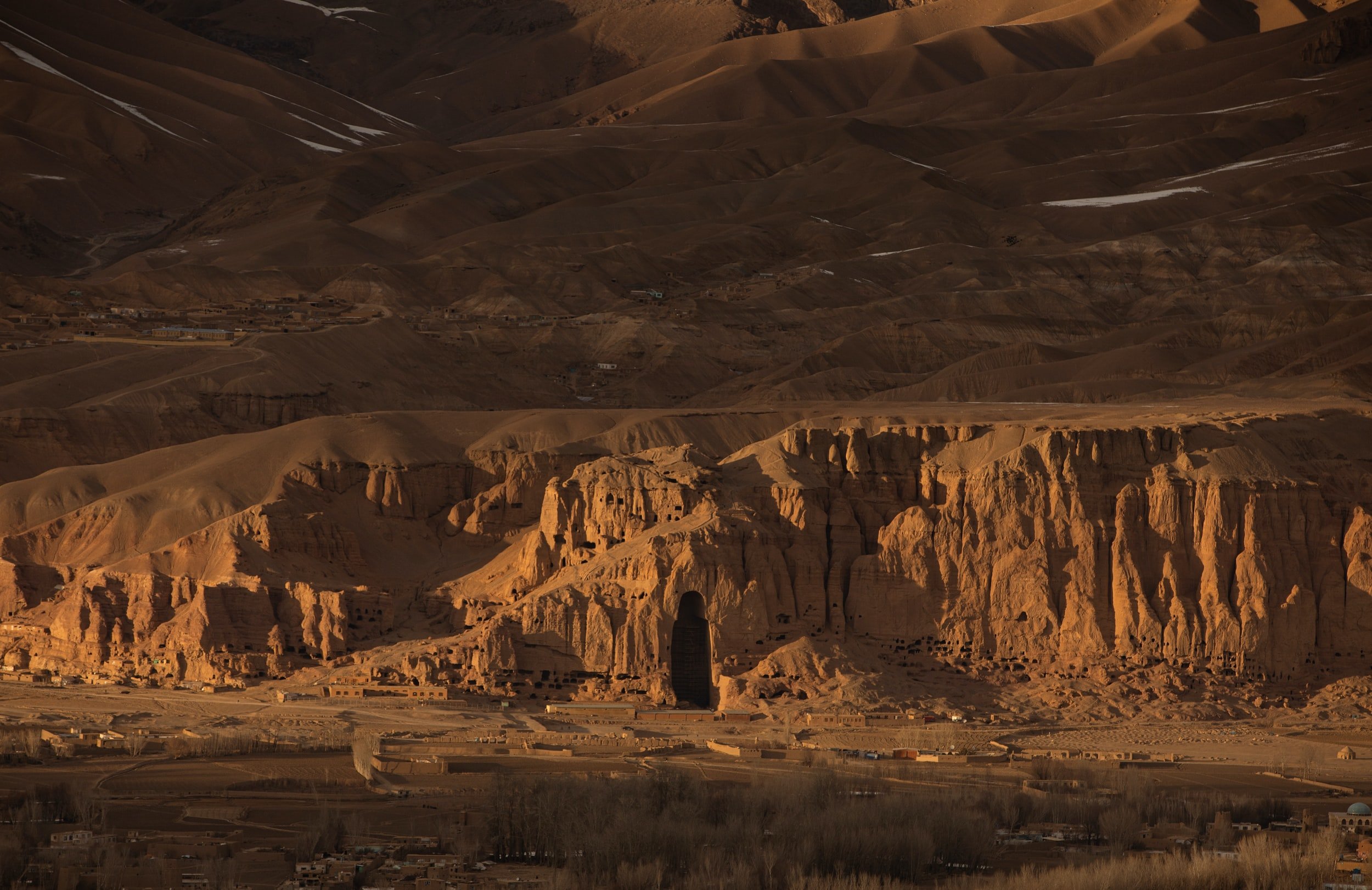At Kabul's checkpoint, the Taliban beat a journalist and arrest two others
The Taliban have detained Khan Mohammad Sial, a broadcast manager with the independent Paiwaston TV station, in Trinkot, the provincial capital of southern Uruzgan province, and have been keeping him there for the past two months, according to a journalist familiar with the case who spoke to CPJ on condition of anonymity, citing fear of reprisal, and tweets by veteran Afghan journalist Bilal Sarwary.
According to CPJ, Taliban members beat Sial and forced him to confess his outlet was both financially and morally corrupt and funded by foreigners. According to the journalist familiar with the case, Taliban members also told Sial he would be released if he confessed to the crime.
Additionally, on June 14, Taliban intelligence agents detained Mohammadi, a reporter for Pajhwok news agency, while he was on his way to an assignment in northern Kapisa province, where he was transferred to an undisclosed location, according to a journalist familiar with the case, who spoke to CPJ on condition of anonymity out of fear of retaliation and the independent news website Etilaatroz.
On June 14, Mohammad Ikram Esmati, a former journalist for the independent Kabul News TV station, was stopped in District 5 of Kabul and searched at a Taliban checkpoint by a Taliban member who had found his press identification cards and was questioning him about his journalism, according to Esmati, according to BBC Persian reports. According to these sources, Esmati had been fired by the outlet one day prior to the assault for an unknown reason.
Esmati was then put in a vehicle by three Taliban, who drove him to a remote area and beat him with guns and fists for approximately five minutes until he received a hard blow to the head and lost consciousness, according to those sources. When Esmati awoke, he was alone and had been unconscious for about 10 minutes. Later, Esmati was treated at a hospital and said he was not seriously injured.
Reports have documented the growing influence of the General Directorate of Intelligence in controlling news media and intimidating Afghan journalists..

